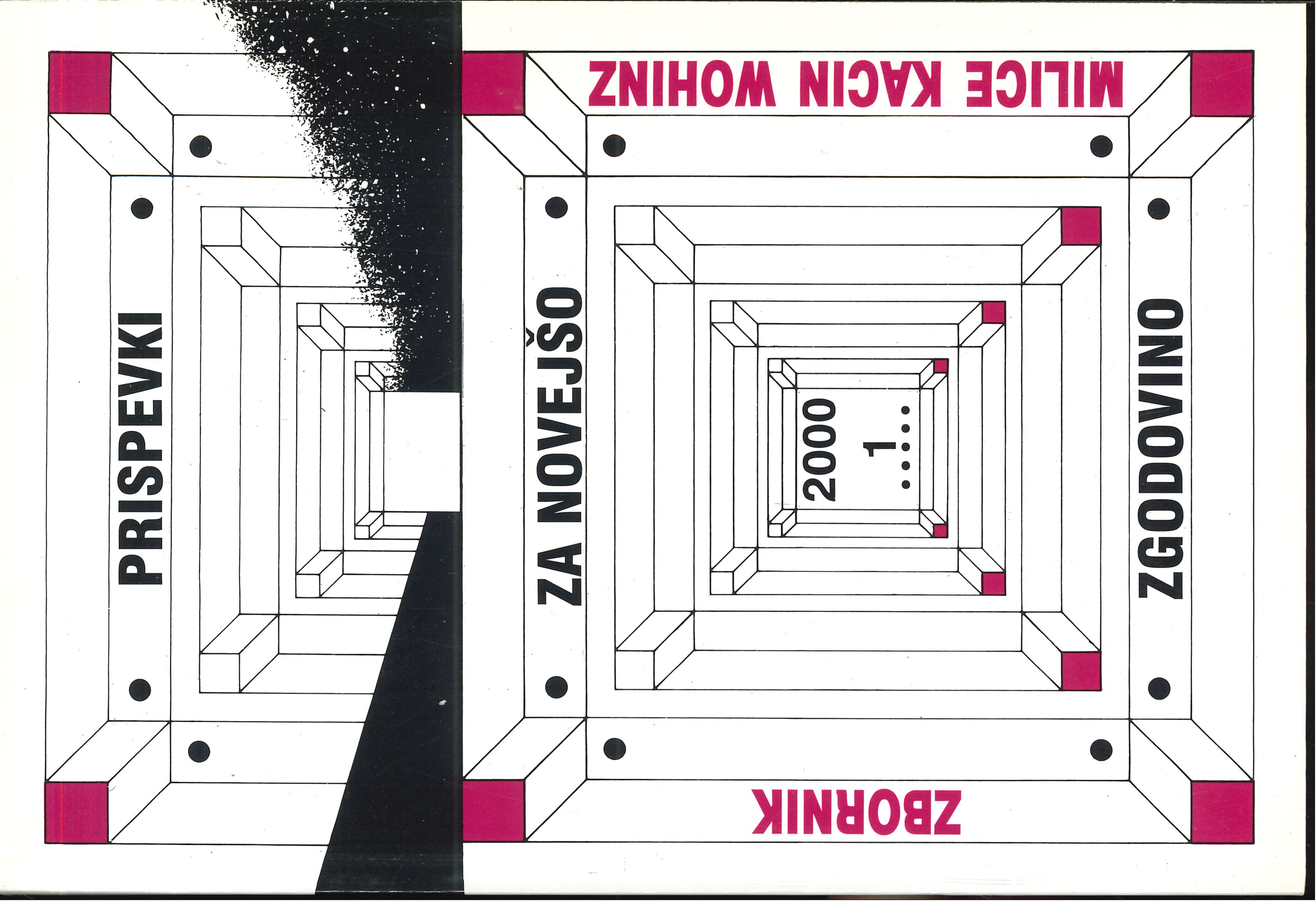Karl Ludwig von Bruck, Trieste and Slovenes
Keywords:
railway, foreign trade, modernization, the seaport, hinterland, Trieste, SlovenesAbstract
The author draws attention to the Slovenian expectations that arose after the construction of its southern railway. The new railways and the vicinity of the Port of Trieste were expected to accelerate significantly the economic development of the Slovenian provinces. He also points out that the economic strategists in the provinces of Trieste and Carniola based their plans on the discussions on Austrian foreign trade and the future of the Port of Trieste. These discussions were running in Trieste in the 1840s, on the pages of the Italian and German editions of the journal of Lloyd's of Austria. The man behind these journals was believed to be Karl Ludwig von Bruck, Director of Lloyd's of Austria, who was to become Austrian Trade and Finance Minister in the 1850s. He supported the idea of a Greater Germany and that of a great central European, Austro-German customs union, with Trieste as its main Adriatic and Mediterranean port. However, von Bruck's ideals, as well as the expectations of Trieste and Slovenia, never materialized. Until the beginning of the Twentieth century, the southern railway remained Trieste's only link with the hinterland, with its port serving mainly the central and the southwestern Cislaitania. Trieste thus remained commercially and shipping dependent on the development in the hinterland and was unable to make any significant contribution to its modernization.
Downloads
Published
Issue
Section
License
Authors who publish with this journal agree to the following terms:
- Authors retain copyright and grant the journal right of first publication with the work simultaneously licensed under a Creative Commons Attribution License that allows others to share the work with an acknowledgement of the work's authorship and initial publication in this journal.
- Authors are able to enter into separate, additional contractual arrangements for the non-exclusive distribution of the journal's published version of the work (e.g., post it to an institutional repository or publish it in a book), with an acknowledgement of its initial publication in this journal.
- Authors are permitted and encouraged to post their work online (e.g., in institutional repositories or on their website) prior to and during the submission process, as it can lead to productive exchanges, as well as earlier and greater citation of published work (See The Effect of Open Access).


